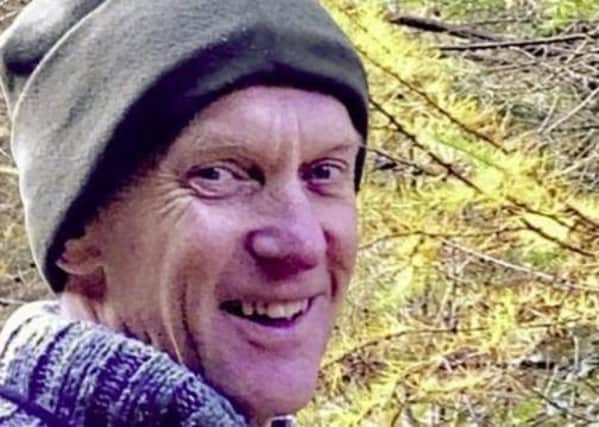Watt’s removal from register ‘may not be legal’


Counsel for one of Dr Michael Watt’s former patients claimed procedural issues cast doubt on the regulator’s right to determine his case.
A judge directed that the former consultant is to set out his views on the jurisdictional point by next month.
Advertisement
Hide AdAdvertisement
Hide AdIn October the Medical Practitioners Tribunal Service (MPTS) granted Dr Watt’s application for voluntary erasure from the register.
Its decision means the neurologist at the centre of Northern Ireland’s biggest-ever patient recall will not face a public hearing into concerns about his work.
Some of those treated by Dr Watt are attempting to judicially review the lawfulness of the decision.
Danielle O’Neill, 39, claims there was no jurisdiction for the move which breaches her human rights.
Advertisement
Hide AdAdvertisement
Hide AdBelfast man Michael McHugh, 51, also alleges it was an unjust step, denying public scrutiny of the neurologist’s work.
In a separate legal step, the Professional Standards Authority (PSA) is seeking to appeal Dr Watt’s voluntary erasure.
But at a review hearing yesterday Ms O’Neill’s barrister questioned whether the tribunal had capacity to deal with the case.
Dessie Hutton QC submitted: “There are procedural hurdles to pass; it has to go to the registrar, it has to go to case examiners and then it can only be referred to the MPTS in circumstances where the hearing has actually commenced.
Advertisement
Hide AdAdvertisement
Hide Ad“There are indications that the hearing proper had not commenced, and there is an arguable case there.”
David Dunlop QC, for the neurologist, contended that the appellant should set out its views first.
“I would like to see what the formal position of the PSA is, and then we will respond thereafter,” he said.
However, the judge directed him to provide a response by January 18.
Advertisement
Hide AdAdvertisement
Hide AdHe told Mr Dunlop: “You should be able to provide to the court your client’s views – has the PSA (standing) in respect of this appeal?”
Ms O’Neill’s solicitor, Claire McKeegan, described it as a positive development.
Ms McKeegan claimed: “The patients who were so egregiously harmed should be at the front and central focus of any proceedings before the courts.”